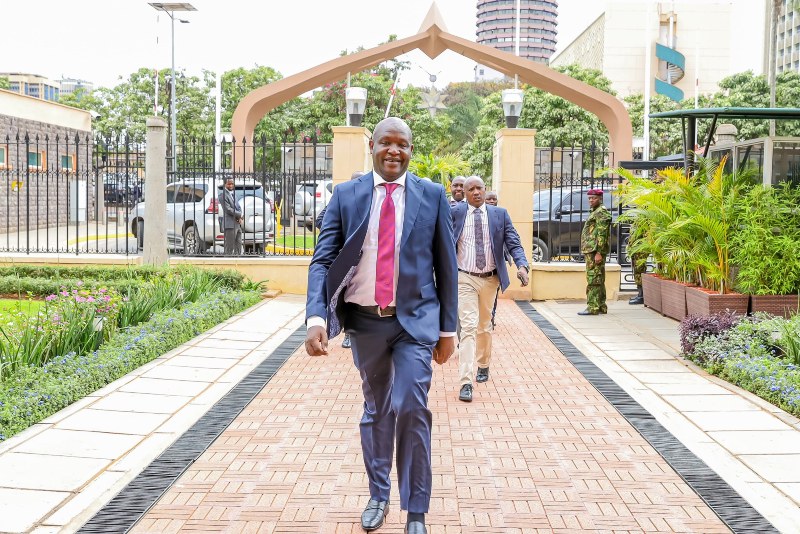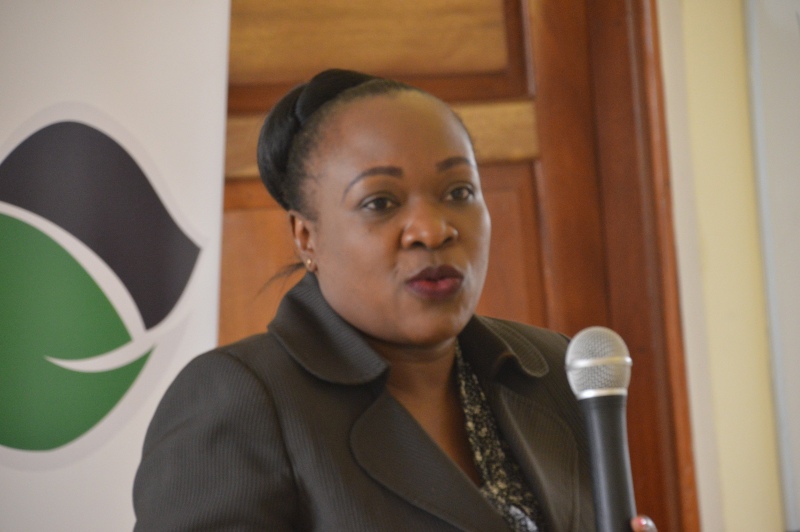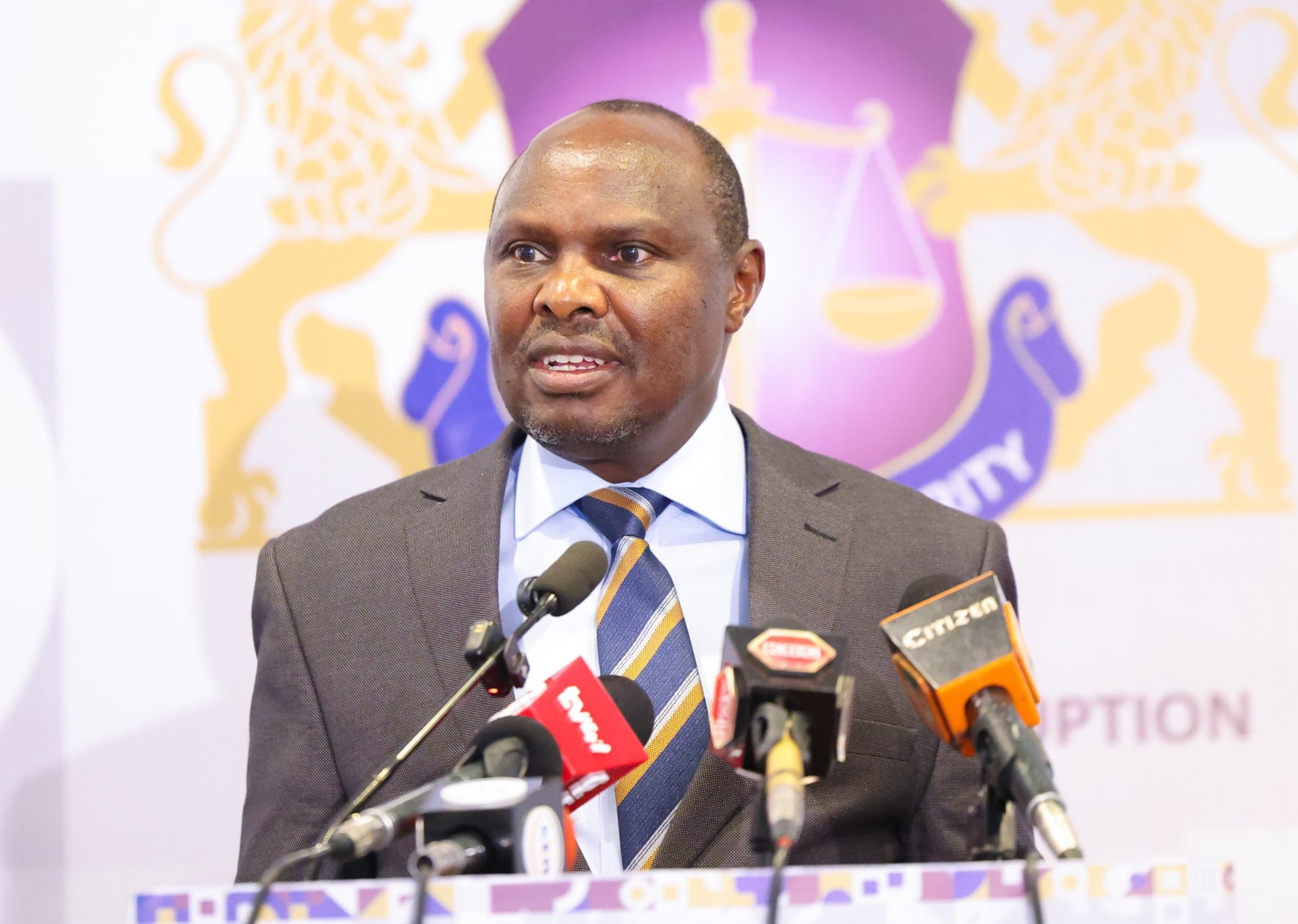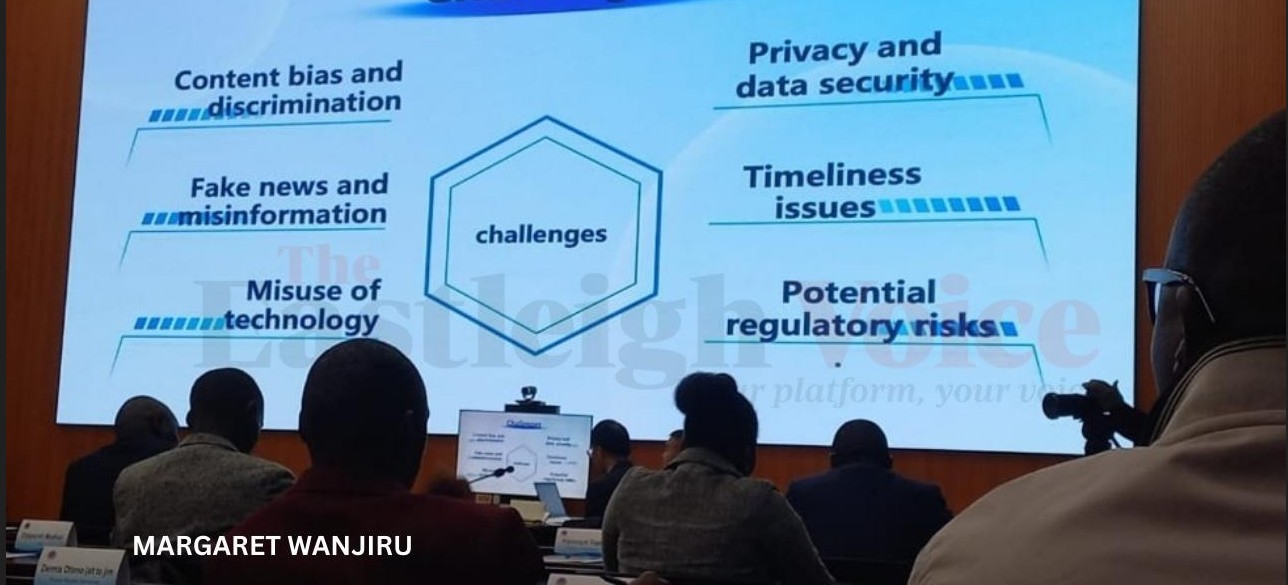NPSC chair Yuda Komora vows to transform police into citizen-centered service
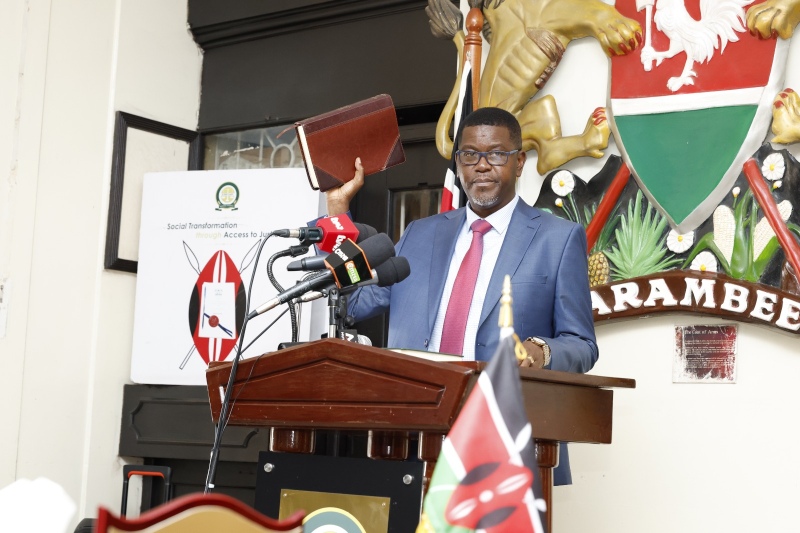
Sworn in on Thursday, Komora said his leadership will focus on building a police service that Kenyans see as partners in community safety rather than mere enforcers of the law.
The newly sworn-in Chairperson of the National Police Service Commission (NPSC), Dr Amani Yuda Komora, has promised a transformative shift in Kenya’s policing culture that puts citizens at the centre of service delivery.
Speaking during his swearing-in on Thursday, August 28, Komora said his leadership will focus on building a police service that Kenyans see as partners in community safety rather than mere enforcers of the law.
More To Read
- DPP orders prosecution of Bomet Governor Hillary Barchok over alleged graft
- High Court stops Sh220 million payment for 2018 CHAN contract
- Petition filed seeking removal of NCIC Chairperson Samuel Kobia
- Ruto appoints Faith Odhiambo to co-chair panel of experts on compensation of protest victims
- Lobby group accuses DPP of shielding graft suspects, warns economy is on brink
- Garissa family demands justice over missing relative
“This is not just a name change, it’s a cultural and institutional shift. The Kenyan public must begin to see the police not as enforcers, but as partners in community safety and development.”
Komora said, outlining his vision for reform. He emphasised that regaining public trust is as important as professionalising the force, noting that confidence in the police has been weakened over time.
Komora made it clear that his first step will be to strengthen cohesion and teamwork within the Commission itself.
“We will build a cohesive and unified NPSC, taking into account that divisions would undermine our ability to achieve our mandates. Unity of purpose will be our focus,” he stated, stressing that internal harmony is essential for effective oversight and guidance of the police service.
The chairperson also highlighted plans to expand the police workforce in line with the government’s Bottom-up Economic Transformation Agenda (BETA).
He said the Commission intends to recruit 25,000 new officers by 2027, starting with 10,000 in the current financial year, to improve service delivery and reduce officer burnout.
“We are significantly understaffed when compared to our population. Improving the police-to-civilian ratio is essential not just for public safety but also for reducing officer burnout and improving service delivery,” he explained.
On tackling corruption, Komora promised firm and transparent measures, pledging to work with the Ethics and Anti-Corruption Commission (EACC) and other agencies to close loopholes that enable malpractice. He noted that addressing misconduct and ensuring accountability are critical to restoring public faith in the police.
“The Commission will partner with the Ethics and Anti-Corruption Commission (EACC) and other agencies to identify and seal institutional loopholes that facilitate corruption,” he said.
Komora concluded by underlining his commitment to transforming both the culture and structure of the police service, creating an institution that is accountable, professional, and responsive to the communities it serves.
Top Stories Today

